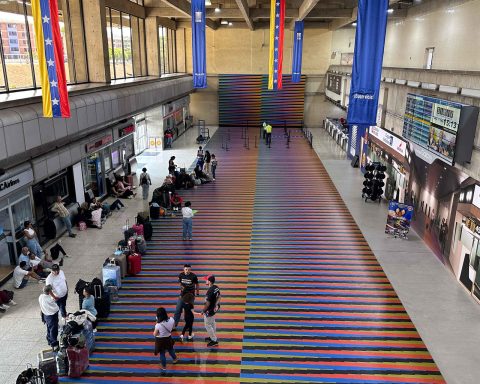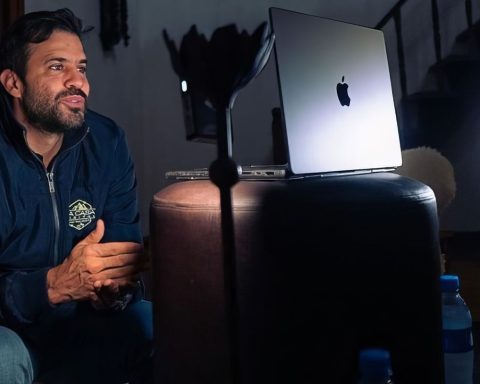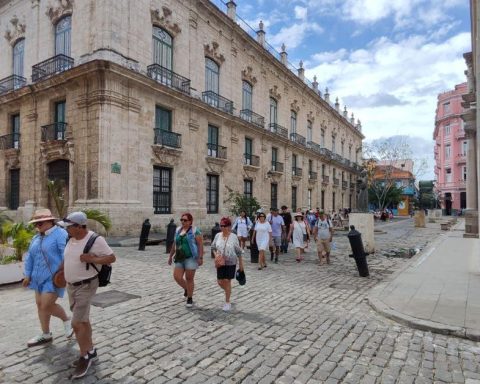People’s daily lives have undeniably changed and this has been felt resoundingly over the last year. While the first symptoms of the crisis were appearing in Bolivian reality, and the Government and its authorities clung to denying it, at first vehemently, and then gradually gave in to their positions in the face of the irrefutable reality, we have gone from an Economy Minister (Marcelo Montenegro), who dared to say that there was no crisis because the restaurants were packed with people, to the statements of the president of the Gastronomic Chamber (Fabrizio Leigue) who on Wednesday reported a 30% drop in sales.
Those of us who eat in boarding houses every day can confirm that, if the price of the dish of the day has not increased, the portion of the meal has been reduced. The loss of purchasing power is evident, and with fewer diners willing to pay what is asked, branches are closing, and the supply and service staff are being reduced. This was confirmed by Leigue, who recognised the change in consumer habits, asking our leaders for what everyone is shouting: solutions to the country’s crisis.
And not all is bad news. The invention of four students from the Santa Cruz Institute of Technology, who created a hydrogen stove and who ask to turn our attention to this type of clean energy, fills us with hope. The fact that young people dream and continue to create in difficult times makes us see that everything may be lacking, but there will never be a lack of ideas.

















